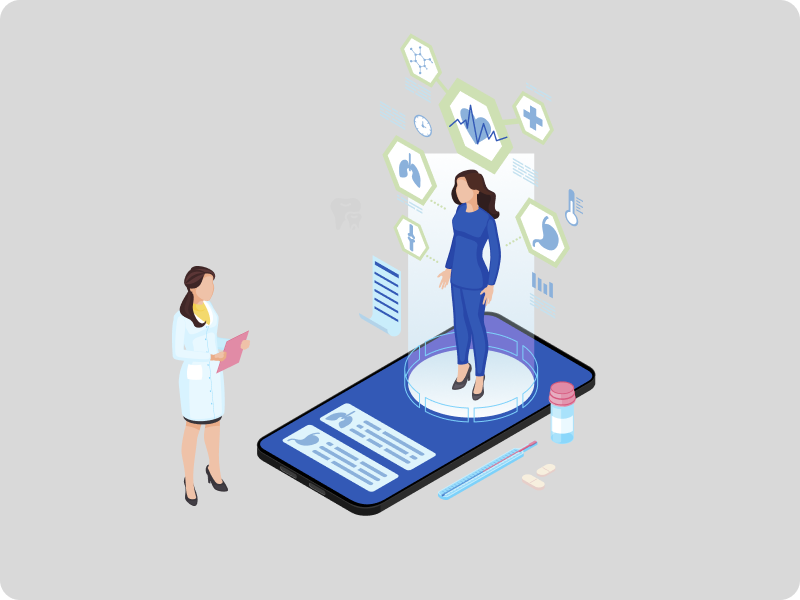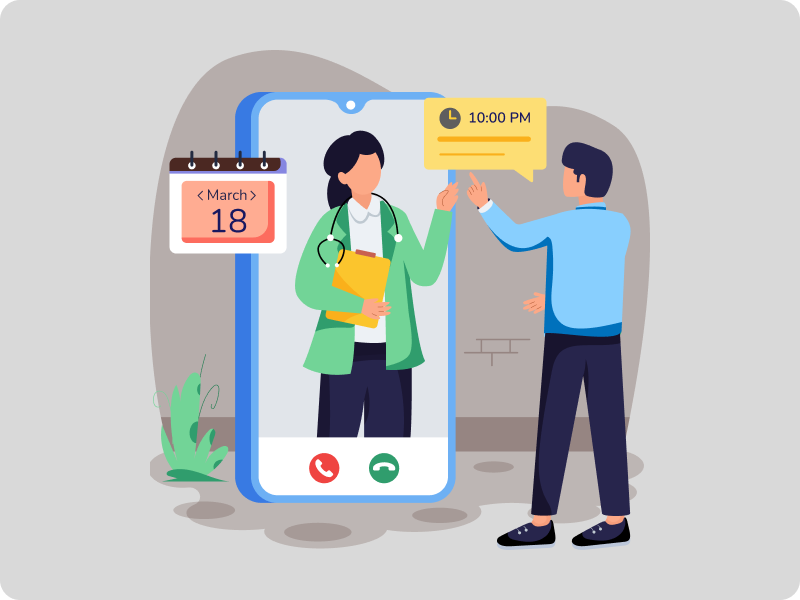Effective Social Media Strategies for Healthcare Providers
In today’s digital age, social media is more than just a platform for sharing memes and staying connected with friends—it’s a powerful tool for healthcare providers to engage with patients, build trust and promote their services. With billions of users worldwide, social media offers an unparalleled opportunity to reach and connect with your target audience.
However, navigating the world of social media can be challenging, especially in the healthcare industry where privacy and professionalism are paramount. In this blog, we’ll explore effective social media strategies tailored for healthcare providers, helping you build a strong online presence while maintaining compliance and trust.
Why Social Media Matters for Healthcare Providers
Social media is not just a marketing tool—it’s a platform for education, engagement and community building. Here’s why it’s essential for healthcare providers:
- Build Trust and Credibility: Sharing valuable content and engaging with patients establishes your practice as a reliable source of information.
- Increase Patient Engagement: Social media allows you to connect with patients beyond the clinic, fostering stronger relationships.
- Promote Services and Events: From new treatments to health fairs, social media is an effective way to spread the word.
- Educate and Inform: Share health tips, preventive care advice and updates on medical advancements to empower your audience.
- Attract New Patients: A strong social media presence can help you reach potential patients and grow your practice.
Effective Social Media Strategies for Healthcare Providers
1. Define Your Goals and Audience
Before diving into social media, identify your goals and target audience. Are you looking to attract new patients, educate your community or promote a specific service? Understanding your objectives will guide your content strategy and platform selection.
2. Choose the Right Platforms
Not all social media platforms are created equal. Focus on the ones that align with your goals and audience:
- Facebook: Ideal for sharing educational content, patient testimonials and event promotions.
- Instagram: Great for visual content like infographics, behind-the-scenes photos and health tips.
- LinkedIn: Perfect for professional networking, sharing industry news and attracting top talent.
- Twitter: Useful for real-time updates, engaging in healthcare conversations and sharing quick health tips.
- YouTube: Excellent for video content like patient education, virtual tours and expert interviews.
3. Create Valuable and Engaging Content
Content is king on social media. Focus on creating posts that educate, inspire and engage your audience:
- Health Tips and Advice: Share actionable tips for maintaining a healthy lifestyle.
- Patient Stories: Highlight success stories (with consent) to build trust and humanize your practice.
- Educational Videos: Create short videos explaining common conditions, treatments or preventive care.
- Behind-the-Scenes Content: Showcase your team, facilities and day-to-day operations to build transparency.
- Interactive Posts: Use polls, quizzes and Q&A sessions to engage your audience.
4. Maintain Compliance and Privacy
Healthcare providers must adhere to strict privacy regulations like HIPAA. Avoid sharing any patient information without consent and ensure your content is accurate and professional.
5. Engage with Your Audience
Social media is a two-way street. Respond to comments, messages and reviews promptly and professionally. Engaging with your audience builds trust and fosters a sense of community.
6. Leverage Paid Advertising
Organic reach on social media can be limited. Consider investing in paid advertising to promote your services, events or educational content. Platforms like Facebook and Instagram offer highly targeted ad options to reach your ideal audience.
7. Monitor and Analyze Performance
Use analytics tools to track the performance of your social media efforts. Monitor metrics like engagement, reach and conversions to understand what’s working and adjust your strategy accordingly.
Conclusion
Social media is a powerful tool for healthcare providers to connect with patients, promote their services and build a strong online presence. By defining your goals, creating valuable content and engaging with your audience, you can harness the power of social media to grow your practice and improve patient outcomes.




